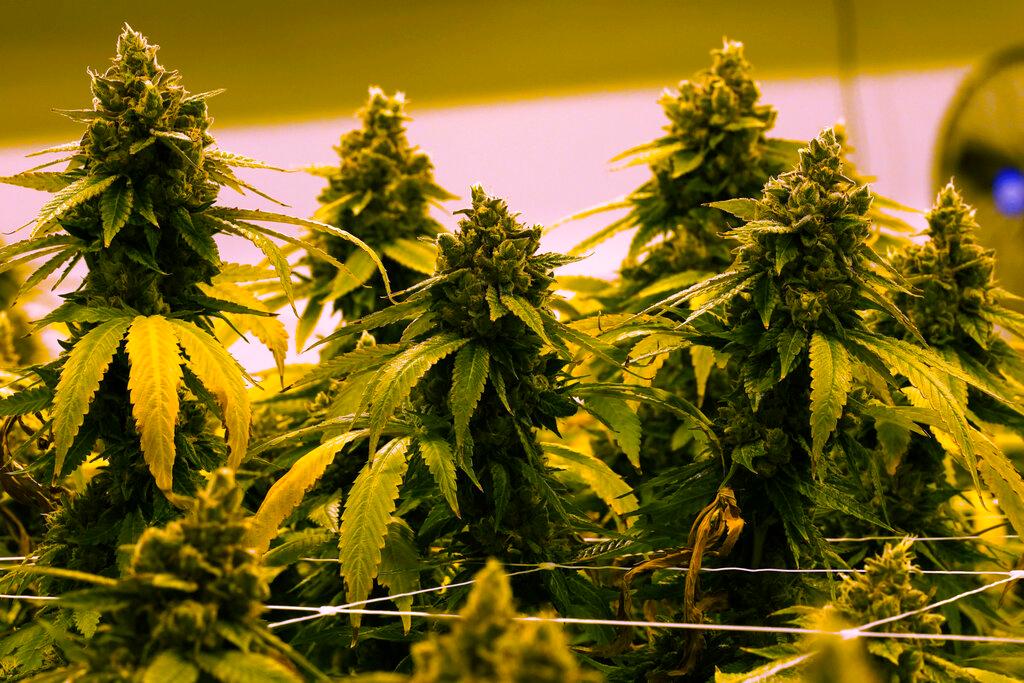News Analysis
China is closely watching the increasing debate on the federal decriminalization of marijuana in the United States and the rapid growth in its market as it provides an overarching business opportunity.

China is closely watching the increasing debate on the federal decriminalization of marijuana in the United States and the rapid growth in its market as it provides an overarching business opportunity.